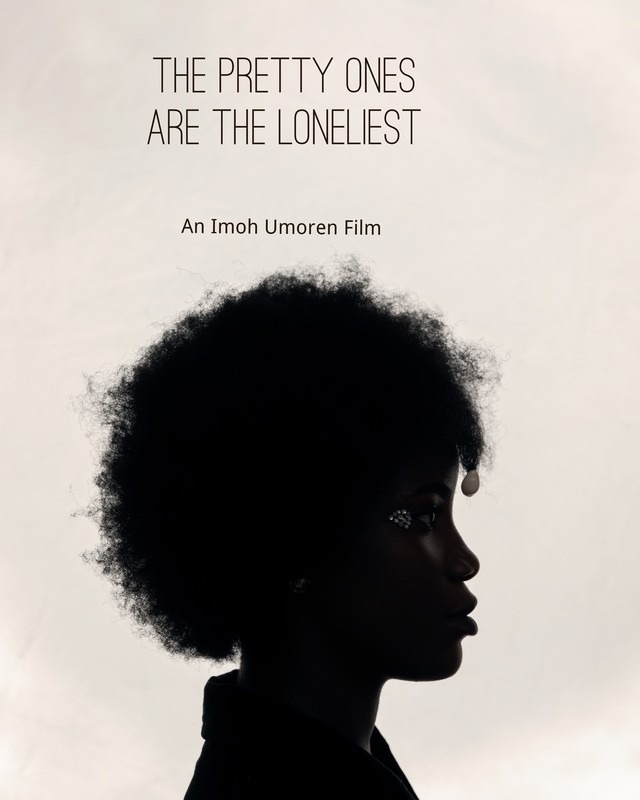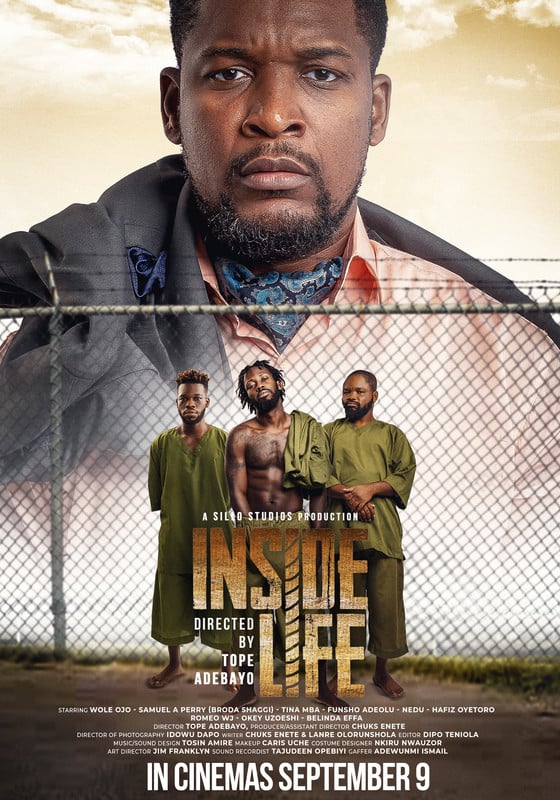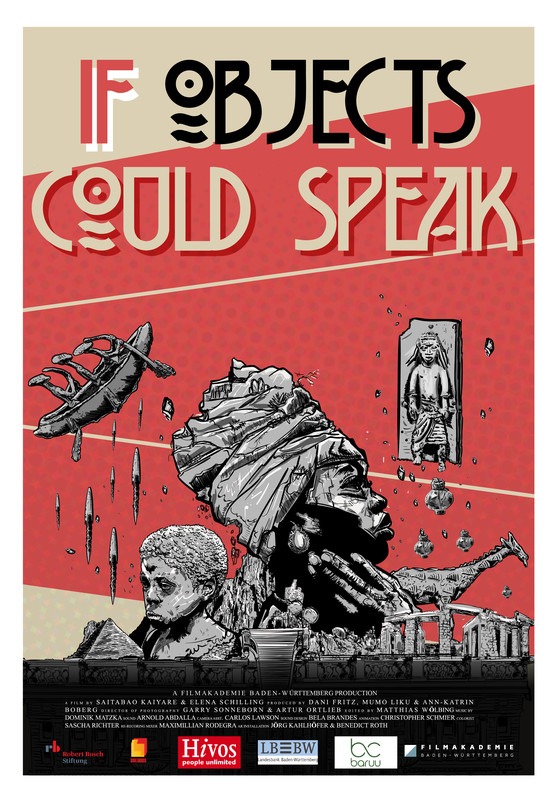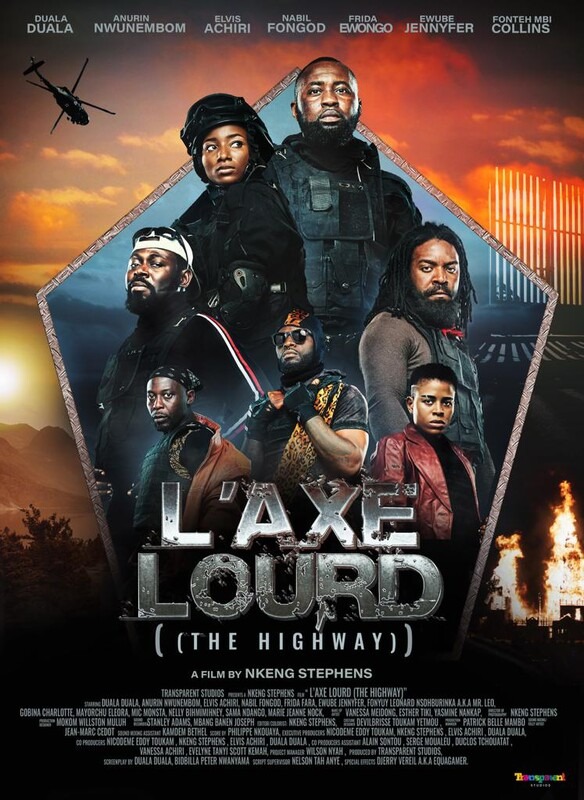In Nigeria where Lagos remains the epicentre for film festivals, festivals such as IIFF are a breath of fresh air, helping to whet the appetite of cinephiles living outside Lagos.
By Hope Ibiale and Seyi Lasisi
From September 21-23, 2023, the second edition of the Ibadan International Film Festival (IIFF) took place in Ibadan, Nigeria, with the theme, “Think Local, Shoot Global”. The festival attracted filmmakers, actors, students, and other film enthusiasts to the three-day event, exposing participants to unique cinematic experiences. For cinephiles hoping to explore films that tilt away from mainstream subscriptions, the film festival was a space for discovery. Like is peculiar to film festivals, the IIFF offered a platform for filmmakers (and their films) with distinct cinematic offerings and language to be showcased.
Since its inception in 2022, the IIFF has created an avenue to nurture upcoming filmmakers, actors, and other valuable professionals in the film industry. To this end, the festival offered masterclasses in several aspects of film production, including acting, production design, script writing, and directing.
In upholding the international tag in the event’s name, the IIFF screened films from around the globe. As revealed by the organisers, about 3,155 films were submitted for consideration. With the help of a four-person jury, Niji Akanni as its head, and Dr. Joke Muyiwa, Ehizojie Ojesebholo, and Ropo Ewenla as members, the bulky submissions were filtered to a teeny pallet of 29 films. In the days preceding the event, there were calls for volunteers and radio runs. The festival was also heavily publicised on the organiser’s social media pages.
Day One
The event kicked off with an opening speech from the festival’s convener, Nigerian filmmaker, Usman Ogunlade, also known as Blackky, and afterwards film screening of Capilla Hotel. This was followed by Saitbabo Kaiyare and Elena Schilling’s If Objects Could Speak, Mohanad Daib’s The Light in My Eyes, Bryan Dike’s Intruders, Naira Adedeji’s In the Stillness, Tope Adebayo’s Inside Life, Dr. Odessa’s Baghdad Graphic, and the Imoh Umoren-directed The Pretty Ones Are the Loneliest. The film screenings happened alongside workshops, with the “The Production Designer, The World Builder” class helmed by Nigerian production designer and art director, Uchechukwu Nwaohiri, and the “Art of Storytelling” class taught by Nigerian writer and film director, Ifeanyi Barbara Chidi.


The first day closed off with an art exhibition and paper presentation by Professor Dele Layiwola at the Tunde Odunlade art gallery. The paper presentation was tied around the theme “African Movies – The Untold Stories”, The conversation delved into the benefits and disadvantages of technology and modernity to African filmmakers. Passing a vocal point, Prof. Layiwola suggested an infusion of African mythologies, worldviews, and daily experiences into the films being made. With the rise of epics such as Aníkúlápó, Kings of Thieves, and Jagun Jagun, which infuse a sense of culture and attempts to explore Nigerian history, discourses such as this become relevant for pushing ideas and newer narratives.
(Read more: African Filmmakers Need to Retain Their Original Form of Storytelling” – Akinola Davies Jr., Director of “Lizard”)
Day Two
The second day started with the film screening of the Ugandan film, Njabala. Again, film screenings went on alongside the Directing/Acting for Film & TV classes. Nigerian director, Kayode Kasum, was the facilitator for the directing session, while Nigerian actor and director, Ehiziojie Ojesebholo instructed the Acting for Film/TV session. Kasum, who took on the class virtually, enlightened students on the director’s job and how to deliver a script to the big screens. Ojesebholo discussed the different kinds of acting and how to fully immerse one’s self in a role. These classes at the festival could pass as miniature film schools, helping to educate participants on the rudiments of their professions. However shortlived, participants’ contact with instructors with attractive track records can help solidify the confidence of budding filmmakers.

(Read more: 5 Festivals for African Filmmakers to Look Out For)
Day Three
The last day kicked off with the film screening of Ibidunni Oladayo’s It Happened Again, Beep, Lawal Olufemi’s Dazed, All Alone, and a special screening of Moses Olaiya’s Mosebolatan. The 1985 film by Olaiya was a well-put-together comic masterpiece. Although the film was made 30 years ago, it still could rouse the audience to laughter during its screening. Some of the filmmakers and actors whose movies screened were also able to discuss their work process.
After the film screening session, the festival director, Mister Rain, anchored an interactive session with the stunt coordinator of Jagun Jagun, Adamson Ibrahim, the VFX coordinator, Hakeem Onilogbo (HakeemEFFECT), and the art director, Tunji Afolayan, for a lengthy discussion on the creation and process behind the film’s production. They each discussed their career journey, the challenges along the way, and the ways they are documenting Nollywood as filmmakers. The festival participants who participated in the different classes were also awarded certificates. After the film screening and interactive session, attendees moved to the awards ceremony.
Winners
The event came to an end with the award ceremony to celebrate the best of the submissions. She emerged as Best Nigerian Film, with Uche Chika Elumelu also winning Best Actor (Female) for her role in the film. Ukranian Why I’m Alive shined at the event, also winning the awards for Best Cinematography and Best Feature Film. Viktor Zhdanov also took home the award for Best Actor (Male) from the film. Other actors celebrated were child actor, Darasimi Nadi, who received the Best Child Actor (Female) award for The Pretty Ones Are the Loneliest, Evi Ibiam for Best Supporting Actor (Female) in Clearly, I See You, and Samuel “Broda Shaggi” Perry, for Best Supporting Actor (Male) with Inside Life.




In recognising non-fiction projects, If Objects Could Speak emerged as Best Documentary. The film, L’axe Lourd (The Highway), won in two categories, Best Director and Best Production Design, and Uso-Tsuki took home the Best Screenplay and Best Short Film awards, while Best Editing went to In the Stillness, celebrating the efforts of filmmakers who work behind the scenes. Finally, the animated movie, Apacha, won both Best Animation and Best Sound Design categories, and the Best Student Film went to Njabala.




The highlight of any film festival is often always the films screened. By incorporating masterclasses into the festival schedule, IIFF diversifies its activities. However, the masterclasses tended to overshadow the main event which should have been the screening. This inability of the festival organisers to curate a favourable schedule for both activities presented its fair share of problems, as ongoing classes meant empty chairs in the screening rooms. It appeared that participants were more interested in the classes than the film screening — the most crucial aspect of any film festival. Although the different classes were quite insightful, the clash in the schedule posed a challenge for participants who were also interested in the films. A better schedule, which allows the screening and masterclasses to happen without clash should be noted in the next edition.
However, a commendable aspect of the festival, among many, is giving room for the audiences to immediately respond and give critique after a film is screened. This allowed filmmakers to objectively receive feedback about their films and discuss how filmmakers can improve on their next film. Films tend to elicit varying emotions from audiences, and the conflicting perceptions and feedback demonstrated this.
The 3-day film festival is a wonderful initiative to celebrate different works of filmmakers worldwide, while introducing new sets of filmmakers into the industry through the various masterclasses. Although it wasn’t bereft of avoidable flaws, IIFF shows that cinema, judging from the films from various countries that screened, is a universal language. In Nigeria where Lagos remains the epicentre for film festivals, festivals such as IIFF are a breath of fresh air, helping to whet the appetite of cinephiles living outside Lagos.
Hope Ibiale is a writer and a book lover.
Seyi Lasisi is a Nigerian student with an obsessive interest in Nigerian and African films as an art form. His film criticism aspires to engage the subtle and obvious politics, sentiments, and opinions of the filmmaker to see how it aligns with reality. He tweets @SeyiVortex.




